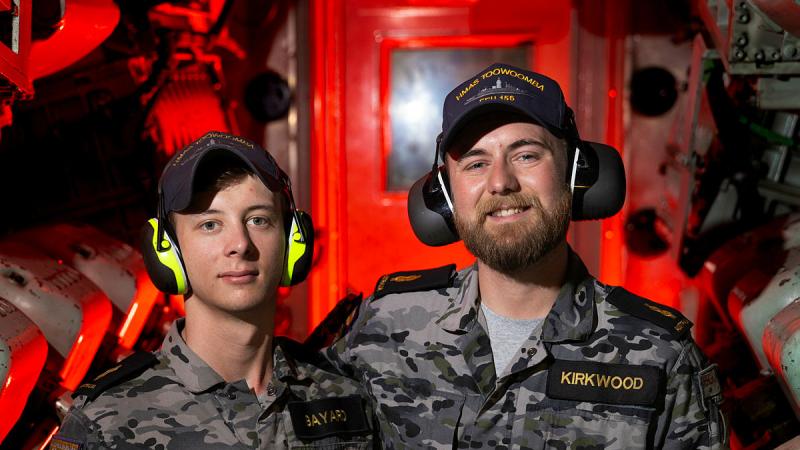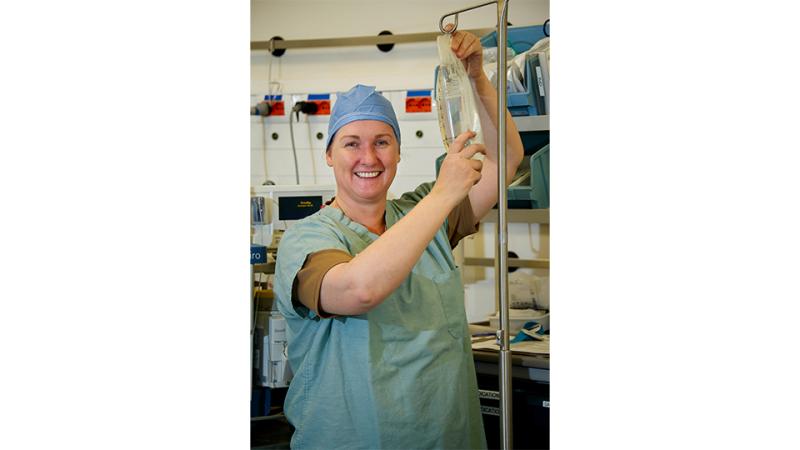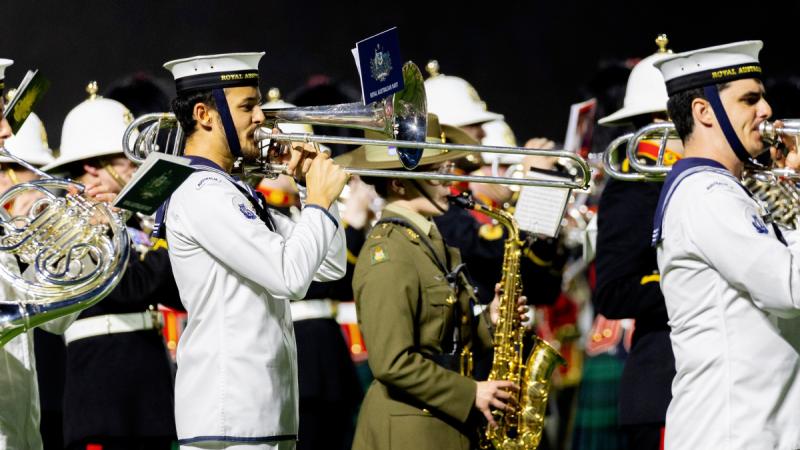10 October 2023
World Mental Health Day
As an awkwardly tall and skinny teenager, Sergeant Ryan Pedder struggled with his masculinity.
He fuelled a macho persona by trying to out-drink people as a way to 'beat' them.
“My life was falling apart. I battled a lot of demons in isolation and developed coping mechanisms to maintain my male ego,” Sergeant Pedder said.
The life-changing moment occurred in his early twenties when Sergeant Pedder broke down and cried, feeling conflicted by his core values.
Over the years he built himself back up, creating mental-health tools to help him overcome his distorted masculine views.
Now, as a father of four, an F-35A Integrated Training Centre senior instructor and mentor to junior ranks, he is driven to help others.
He teamed up with Sergeant Connor O’Neill and Flight Sergeant Ryan Hodgson who saw many young men struggling with numerous issues, such as poor resilience and issues propelled by social media.
The team collaborated with the Top Blokes Foundation, a not-for-profit mental-health charity, and started a mentoring and development program for young males at 2 Operational Conversion Unit.
“I’ve lost mates to suicide and I’ve battled my own personal and career struggles, so I wanted to mentor these young men with the right tools to make better decisions before it happens to anyone else,” Sergeant O’Neill said.
The Building Blokes program aimed at 16 to 24 year olds was delivered over eight weeks in two-hour workshops on topics customised for the unit. Issues such as body image, sexual health, pornography, budgeting, conflict management, leadership and nurturing healthy relationships were covered.
“You think you’re doing well in all those areas, but then you dive in and expand on it – it makes you rethink what you may or may not have known,” Sergeant O’Neill said.
The young men were encouraged to show vulnerability and Sergeant O’Neill said he was comfortable sharing stories from his young adult life.
“I told them with full disclosure I might cry. I wanted to teach the guys we can show emotion but still be masculine and strong, and not carry the burden of having to be seen as tough all the time,” Sergeant O’Neill said.
Aircraft technician Leading Aircraftman Liam Ramsay had positive takeaways from the course.
“I felt pressure to prove myself in a role surrounded by many leaders, which added stress to the job,” Leading Aircraftman Ramsay said.
“I learned in order to take that nervous load off, you need absolute communication. Then you start to get real comfortable, real fast, which creates a better space to express how you’re thinking and feeling, ultimately adding to your quality and output at work.”
Leading Aircraftman Ramsay was surprised by the number of similar problems the men shared. He found that talking about issues, no matter how minor, made them all feel less alone.
“The course helped me gauge if something might be on someone’s mind just by reading their body language or how they may respond to me,” he said.
“It made me understand that I need to ask questions like ‘how are you doing?’, and ‘how are you feeling today?’.”
Aviators said the program strengthened relationships with workmates and families. It mended a broken father-son relationship, helped the men recognise their partners on a deeper level and inspired the inception of a single-parent support group.
Top Blokes regional coordinator Aaron Driscoll helped deliver the course and was impressed by the group, who spoke with honesty and sincerity.
“They were willing to grow and be vulnerable with us and each other, and that openness really blew us away,” he said.
This October the squadron is participating in the Top Blokes’ Lift the Load Challenge, which involves wearing a 10kg weighted vest across 50km throughout the month, to raise funds for young men’s mental health.
You can donate to RAAF Base Williamtown Top Blokes at www.topblokes.org.au


